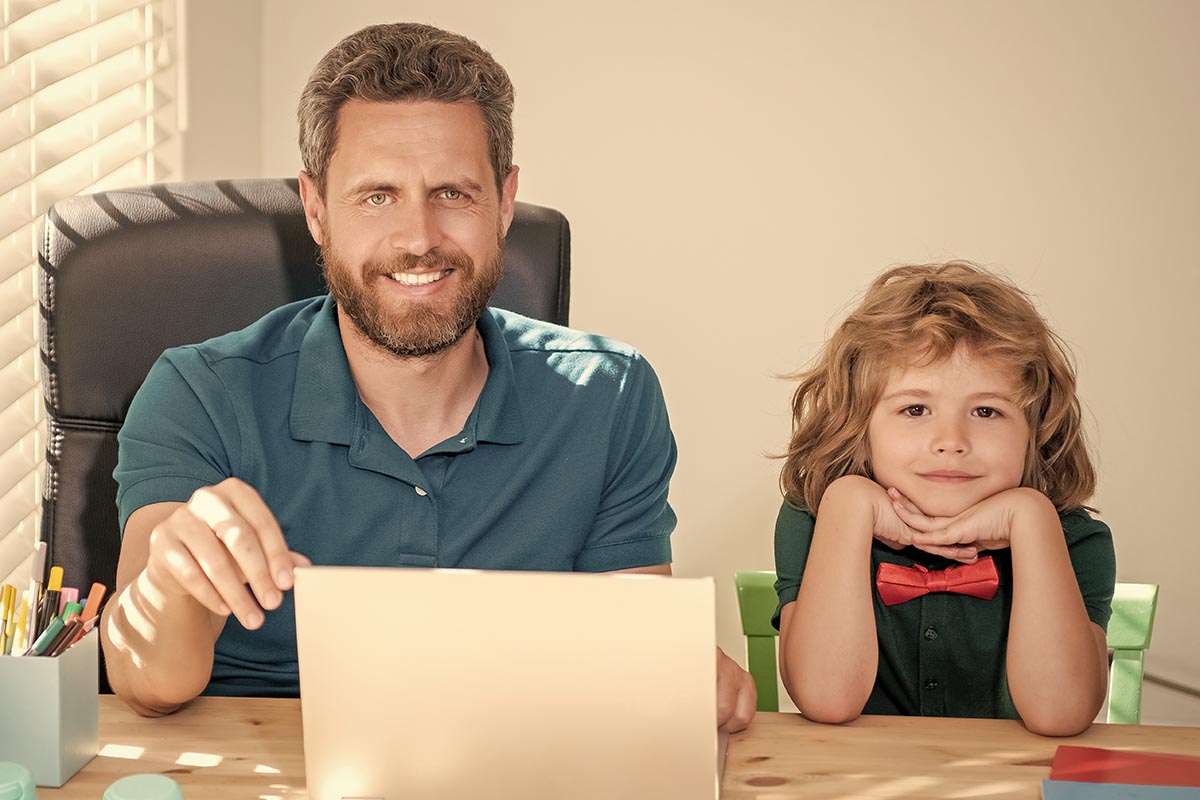The Primary Benefits Of Private School Education
If you are hunting for the perfect school for your child, you’ve probably been browsing through lists of both public and private schools.
You can narrow your search by selecting between private or public schools.
The primary differences between public and private sector schooling facilities are funding, fee structures, student populations, class sizes, school governance, educator specifics, and quality of education.
Each option offers its unique benefits for students and parents. So, we’ve listed the most prominent advantages that private school education provides.
More Opportunities
Private schools typically offer students a wider variety of extracurricular activities and placement courses, and some even provide unique programs for gifted students.
With this, students in private schools often have enhanced opportunities.
This is easily seen in real life, where many executives and other high level career people have a private education, it’s one of the primary reasons why so many parents do online searches for ‘private high schools near me‘ to get their child into an elite educational facility within commuting distance.
Smaller Class Sizes
Numerous studies show that students in smaller classes tend to obtain higher average grades than students in larger classes.
The number of students in a class influences how much individual attention educators can distribute amongst students; those in smaller classes, therefore, receive a lot more personal attention.
Safe Learning Environments
Due to the lower student-to-educator ratio, educators can obtain stable control over classrooms, which provides students with a safe environment.
Smaller classrooms mean less chaos and disruption, translating into a safe learning environment for both students and educators.
But beyond discipline, there’s also a clear indication that private schools are safer when considering safety report incidents.
Unfortunately, public schools report more violence-related incidents than private schools globally.
More Parental Participation
Students benefit dramatically from parent participation; it’s no secret that children thrive when their parents provide unwavering support.
Private schools tend to encourage parent participation a lot more than public schools. And this is likely also attributed to the smaller student population.
Stable Resources
Private schools also have more stable resources. Taxpayers and governments fund public schools in most cases, which offers parents the benefit of more affordable fees.
However, this also means that public schools have fewer resources. On the other hand, private schools typically come along with higher fees, allowing schools to include well-equipped classrooms, multiple sports facilities, and so much more.
The most prominent downfall of private schooling education is the higher fee structures. However, parents who can afford the fees tend to feel the bill is justified through a higher quality of education for their children. Students in private schools often thrive due to higher care and security.
Nevertheless, if you consider choosing a private school for your child, be sure to weigh in all the necessary considerations before deciding.
To determine affordability, you must consider the fees, costs of extra activities, and any other relevant costs. After that, consider the transportation solutions available and other factors like school reputation.
Once you have weighed in all the essential considerations, there’s no doubt that you won’t regret choosing private school education for your child; their future will benefit from your investment now.




















